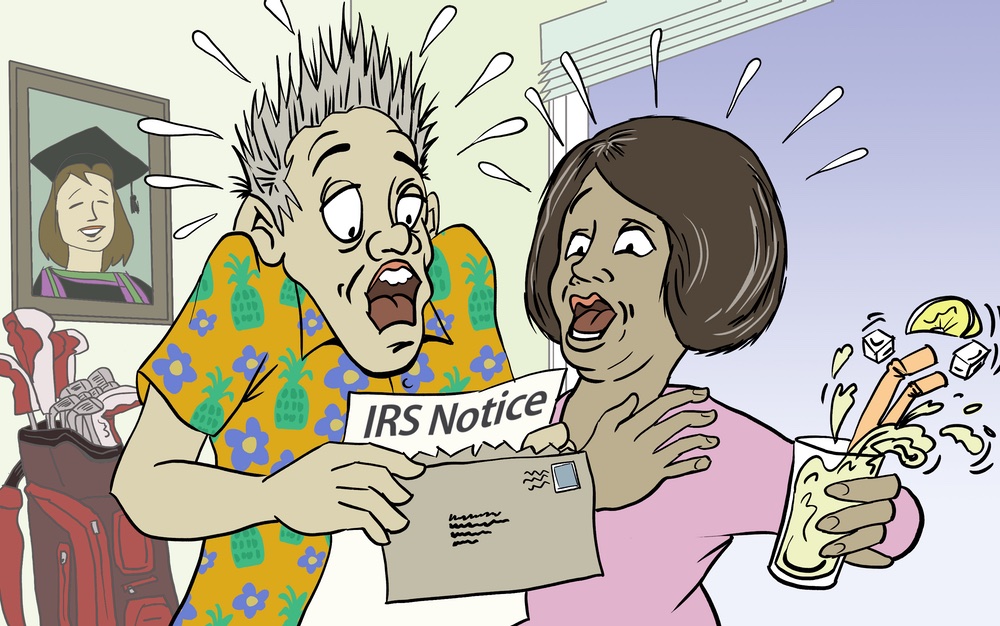SUBSCRIBE
Enter your Name and Email address to get
the newsletter delivered to your inbox.
Please include name of person that directed you to my online newsletter so I can thank them personally.
Glenda Moehlenpah
Financial Bridges
14334 Gaelyn Ct, Poway, CA 92064
Phone: 858-486-0100
Email: glenda@financialbridges.com

Managing your taxes in retirement is important as ever. In retirement, you may have income from various sources, with each one having tax rules that might differ from others. One nasty tax surprise can reduce your fixed income in retirement without an easy way to make up the loss. However, understanding the rules can help minimize taxes.
You may also want to consider when to begin withdrawing money from a tax-free Roth IRA if you have one. You aren’t required to take minimum distributions from a Roth during your lifetime. Not so with a traditional IRA or 401(k) plan, which require minimum distributions by age 70 1/2. Failure to meet this deadline may result in a stiff penalty on the required amount not withdrawn. If you qualify by income, converting some or all of a traditional IRA to a Roth IRA in a down income year may also make sense.
When to begin drawing Social Security benefits is another question to answer. Taking them before full retirement age may reduce your benefit permanently, while the benefit permanently increases for every year of delayed payments up to age 70. And if you continue to work, you can still contribute to an IRA or 401(k) plan. Talk to your financial professional to learn more.
Enter your Name and Email address to get
the newsletter delivered to your inbox.
Please include name of person that directed you to my online newsletter so I can thank them personally.
Enter your Name, Email Address and a short message. We'll respond to you as soon as possible.
Financial Bridges and LTM Marketing Specialists LLC are unrelated companies. This publication was prepared for the publication’s provider by LTM Client Marketing, an unrelated third party. Articles are not written or produced by the named representative.
The information and opinions contained in this web site are obtained from sources believed to be reliable, but their accuracy cannot be guaranteed. The publishers assume no responsibility for errors and omissions or for any damages resulting from the use of the published information. This web site is published with the understanding that it does not render legal, accounting, financial, or other professional advice. Whole or partial reproduction of this web site is forbidden without the written permission of the publisher.